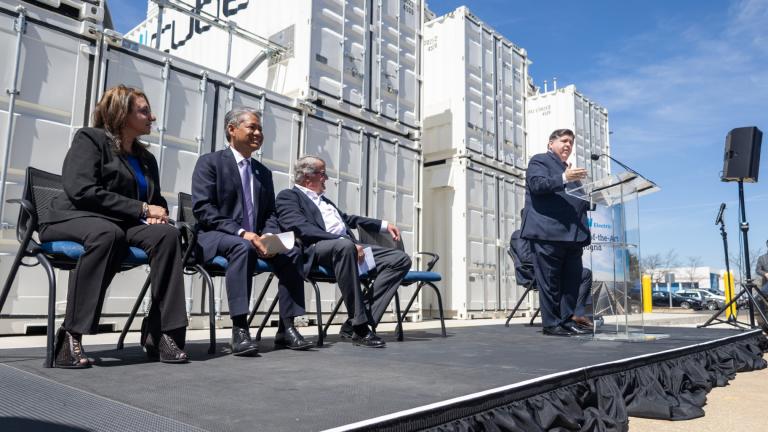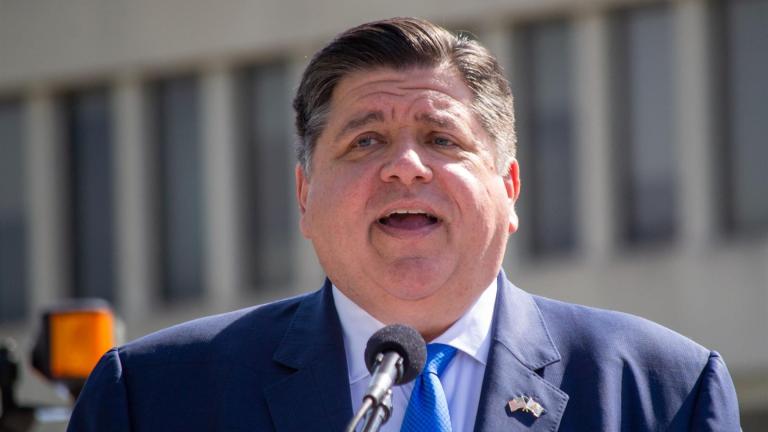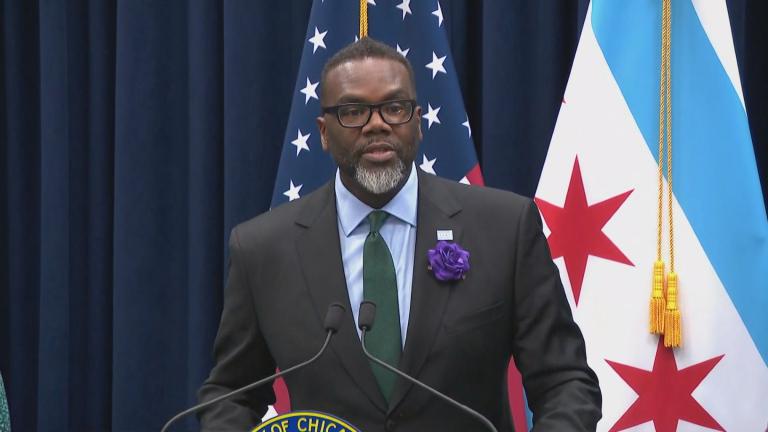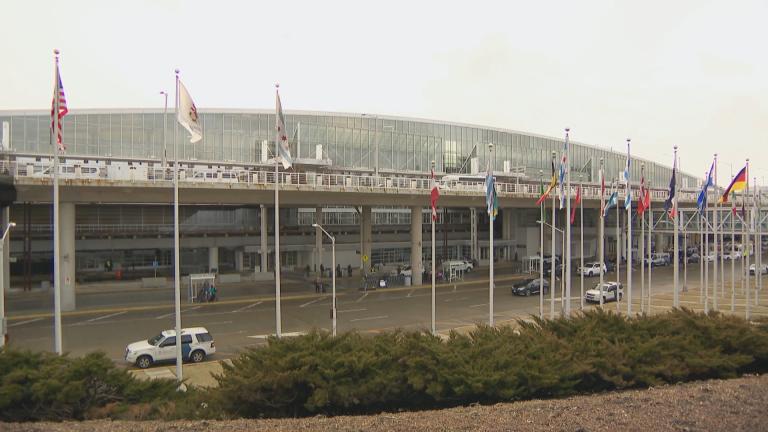State legislators laid out a rapid pace in the new gambling expansion law that will give Illinois six new casinos, including one in Chicago – so fast that it appears the state is already struggling to keep up.
By now, a consultant should have already been chosen to conduct a “feasibility study” examining whether it makes financial sense for a private investor to develop a casino in the city, and where within city limits a casino could be located in order to bring in the most revenue.
Per the law, a “nationally recognized gaming feasibility consultant” was to have been chosen by Monday, July 8—10 days after the bill was signed into law June 28.
But that hasn’t happened.
“The IGB (Illinois Gaming Board) is bound by the procurement code and the law. We are working through the process to fulfill this mandate,” a gaming board spokesman said.
The Illinois Gaming Board put out a bid. It’s unclear at this point how many – if any – firms responded. The bid requires potential vendors to provide proof of having completed reports for feasibility studies in other metropolitan areas, to disclose any relationships with entities licensed by the state gaming board, and to disclose “all communications of any kind with agents, representatives, consultants, employees or officials of the City of Chicago, the Illinois Gaming Board, the State of Illinois” having anything to do with a Chicago casino.
Gov. J.B. Pritzker on Wednesday appeared nonplussed by the missed deadline.
“Nothing is going to happen until licenses are issued, and that will happen in due course. We obviously need to start with the gaming board. We need to make sure that the study is under way for the City of Chicago—remember that’s only one component of that gaming bill,” he said.
The delay could hamstring whichever vendor may win the contract.
The bid requires the study to be completed in just about a month – by Aug. 12.
Within 90 days of receipt, the gaming board is charged with making “a determination” whether it will recommend that legislators go back to the drawing board, and redefine the terms of a Chicago casino.
Decisions like the location of where a Chicago casino would be built will have major ramifications, for the potential revenue it generates and for the neighborhood and surrounding community.
In previous years when state lawmakers flirted with gambling expansion, they proposed Chicago owning a casino versus giving the license to a private developer.
That hefty responsibility – just the beginning of the responsibilities soon to fall under its jurisdiction – comes as the gaming board is at diminished capacity.
Last month, former Gov. Bruce Rauner’s appointed gaming board chairman, Don Tracy, resigned from the post, and he’s yet to be replaced. Another gaming board slot is also vacant.
That leaves the gaming board with only three of its five members.
Pritzker gave no indication of when he’ll make nominations, which could then be subject to Senate confirmation.
“We’ll be making announcements about the members and the chair of the gaming board as soon as we can,” he said Wednesday.
Later, a spokeswoman added: “The administration is currently working to identify qualified candidates for the gaming board and we expect to make announcements on our appointment decisions shortly. As the state works to implement the gaming bill our administration will work as a partner with local communities and the board to support them in their efforts to create economic development across the state.”
The Illinois Gaming Board is slated to receive extra money from the state which can be used to hire more employees to help with all of the additional monitoring and vetting it’ll soon have to undertake, though a spokesman gave no indication of hiring having gotten underway.
State Sen. Terry Link, D-Waukegan, said he has encouraged Pritzker to appoint members who are knowledgeable about gambling, versus previous chairs who Link described as having aversions to the very concept.
“That’s not the kind of people you should have when you’re trying to enhance the gaming industry so that the state makes more money,” Link said.
But that’s at loggerheads with the aspirations of gambling critics and those who are skeptical about the possibility of keeping politics and corruption out of deciding which developers get lucky enough to win casino licenses.
It’s not just Chicago that’s on a tight timeline.
The law also calls the locations slated to land casinos – Rockford, Waukegan, the south suburbs, Danville and the Walker’s Bluff resort in southern Illinois – to choose a developer within 120 days of the law, or by late October. The gaming board will have the ultimate call on developers, though the law restricts the board from voiding a community’s choice of casino location.
Link said the gambling law does not set too aggressive a timeline.
He’s been lobbying for Illinois to authorize new casinos for the past couple of decades – plenty of notice for anyone who wanted to be in the know to get in on the political poker game. He also said he believes the law sets out stringent enough requirements to ensure everything is above board. “The last thing we need in this state is any questionable individuals getting these licenses,” he said.
But Link isn’t shy that his intention was for casinos to get online as soon as possible.
“The quicker we get these on board, the quicker we make money in the state,” Link said. “Once this hits, it’s going to be an explosion. I guarantee cities will try to expedite, so they can get moving with those people (casino developers and vendors) getting vetted. Construction season in Illinois is not that long. You’d like to get in the foundation in.”
Follow Amanda Vinicky on Twitter: @AmandaVinicky
Related stories:
Illinois’ Gaming Expansion Could Be a Losing Bet for Problem Gamblers
Legislative Leaders in the Dark on Gaming Bill Specifics
Place Your Bets: Where Should the Chicago Casino Be Built?
Lawmakers Vote for Chicago Casino, Plus Gas and Cigarette Taxes







